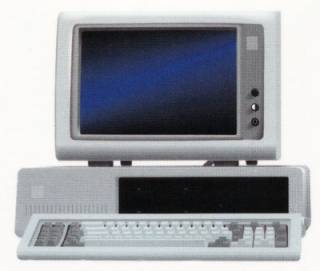Hey duders,
I have a few questions about upgrading my PC and the parts i would keep.
My current setup: ASUS P8P67 mobo, I7 2600K, Nvidia 680GTX, 16GBDDR3
Originally i was only planning on upgrading to a 980GTX and leave the rest, as my own research and the assurance on this forum pointed out that my 2600K would not bottleneck the Gfx card. Since the recent announcement of the 1080 i will probably go for that one. But the thing that worries me is that looking at my CPU temps i'm not sure if they are healthy, and looking at forums some say yes and others say no. Thinking i could solve this by changing the cooler had a positive effect but i'm still not certain about it.
With my previous cooler i noticed that while idling the cores were in the high 40°C range, with spikes of +10° whenever i do something like starting up the browser. While i was playing ARK survival evolved the temperatures would go up to mid 80°C even hitting low 90's on occasion.
So, installed new cooler today and the result are better: idling between 35&43°C and while playing ARK between 58 and peaking at 67°C, at this moment i'm thinking i solved it, a bit high for my taste but a difference of 20°. After that i start up Project CARS and it is between 70-75°C. Did a Prime95 test with the new cooler and all in the high 70°C range. As far as i can see the cooler is fitted correctly, took it of put it back on and made no difference.
I think these temps are still pretty high and i am worried they will go higher when i put a stronger Gfx Card in there and turn up setting for all my games. This makes me consider also retiring the CPU but i was hoping to delay that.
So i would love to hear your thoughts on what to do, and on the consequences of only upgrading the GPU?
If you guys think keeping the 2600K is not the best idea, then you can guess the next question ;-)
Thx in advance!
EDIT: Also, since two days ago sometimes my screens appear the be disconnecting and connecting again... First i thought it had something to do with Ark but then it happened while just browsing the internet. Also over the last two days i have noticed a dosbox appearing and dissappearing within a second. both these things started after upgrading NVIDIA drivers but this is probably coincidence. These issues seem totally unrelated but i thought i'd mention them on the off chance somebody knows what it is ;-)

Log in to comment